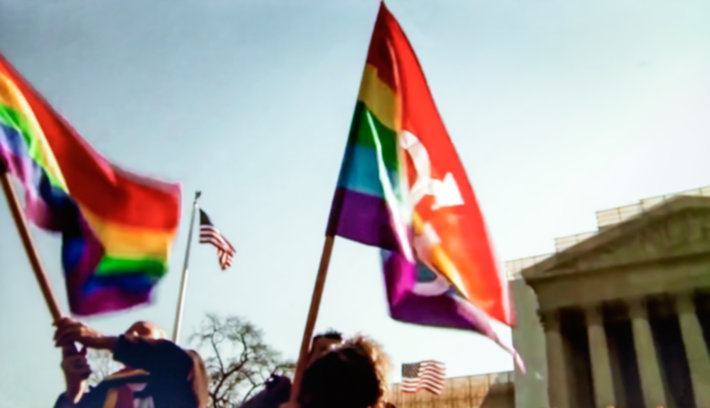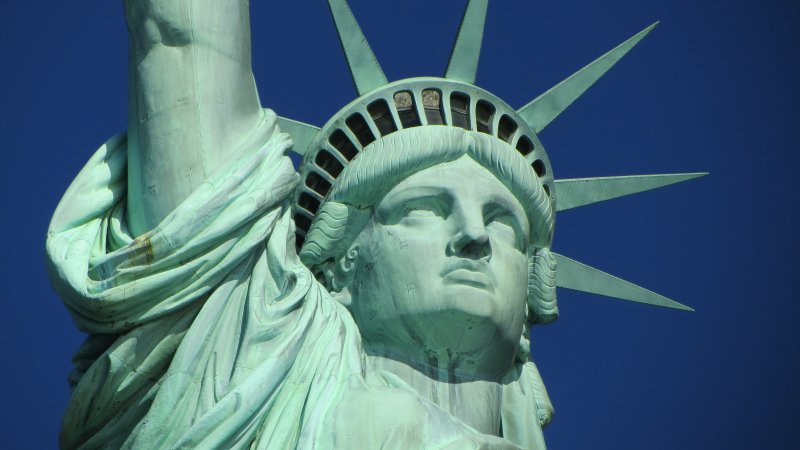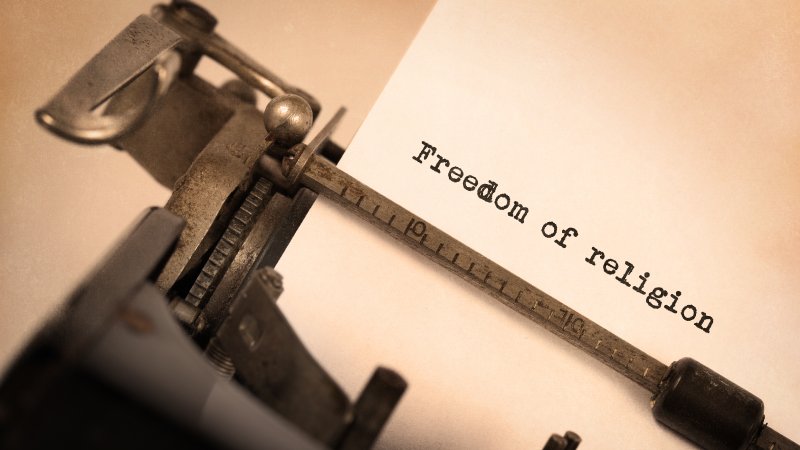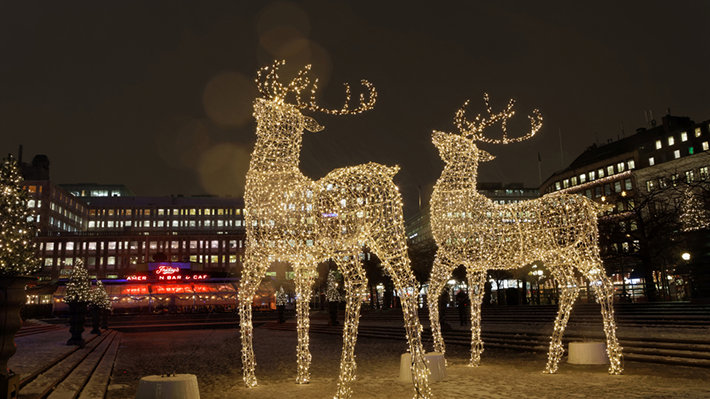
-
HOME
-
WHAT IS STANDOur Mission Our Values Our Help Contact
-
WHAT WE FIGHT FORReligious Freedom Religious Literacy Equality & Human Rights Inclusion & Respect Free Speech Responsible Journalism Corporate Accountability
-
RESOURCESExpert Studies Landmark Decisions White Papers FAQs David Miscavige Religious Freedom Resource Center Freedom of Religion & Human Rights Topic Index Priest-Penitent Privilege Islamophobia
-
HATE MONITORBiased Media Propagandists Hatemongers False Experts Hate Monitor Blog
-
NEWSROOMNews Media Watch Videos Blog
-
TAKE ACTIONCombat Hate & Discrimination Champion Freedom of Religion Demand Accountability
“LGBTQ vs. Religious Freedom”—No One Has a Monopoly on Right and Wrong
I recently came across this article and found it challenging on many levels.
How do we reconcile the fact that religious freedom for one person could violate the basic human rights of another? If someone doesn’t want to bake you a cake for your wedding because they don’t support you getting married based on their personal religious conviction, where is the middle ground (if it even exists)?

I was raised as a Protestant Christian. I grew up singing hymns in church every Sunday. It’s where I first performed for an audience and where I learned to harmonize. It’s also where I first understood the concept of community and fellowship (and the unique magic that is a Sunday potluck dinner).
I have dear friends and extended family members who are devout Christians and who fit many stereotypes of a “red state” social conservative. I also have dear friends and extended family members who are devout Christians and gay and fit many stereotypes of a “blue state” social progressive. And of course there’s the vast majority of people whose beliefs and lifestyles are far too varied and complex to fit into a convenient pie chart or survey box. When I speak to people on both sides of topics as important and divisive as the intersection of personal beliefs and perceived social prejudice, I hear people speaking equally passionately about human rights, about dignity, about religious and personal freedom, and about what’s right and just.
When I look at other people, no matter where in the world I travel or what language I hear them speak, I never see a stranger. I see another spiritual being deserving of respect and compassion.
The conclusion I come to again and again is that there are smart, able, passionate, caring people on both sides of these important issues and that therefore “right” and “wrong” are not absolutes. For there to be true freedom for everyone, there has to be room for more than one way of behaving and believing and operating.

Because of my experiences in Scientology, I have what many people might consider a unique viewpoint on gender and race because I have vivid memories of many previous lifetimes I’ve lived. I’ve spoken dozens of languages and lived in both body types—male and female—and every skin color this planet has to offer. My awareness of those experiences and identities makes things like racism and sexism seem that much more absurd. We are all spiritual beings who happen to inhabit bodies, not all of which look identical.
Being able to observe that and experience that reality has been an incredible gift, because now, when I look at other people, no matter where in the world I travel or what language I hear them speak, I never see a stranger. I see another spiritual being deserving of respect and compassion. I may not agree with them or the way they live their lives or make decisions, but I’m able to see the good in every person and the potential, always, to be even better.
I hope that we find a peaceful resolution to the cultural battles we’re fighting these days. I believe wholeheartedly that we are headed for an age of unprecedented enlightenment and I’m grateful to be on the road there. I choose to see the good in each person I come in contact with and allow them—as much as I can and even when it’s challenging—to experience the truth that is their own reality, whatever that may be.









